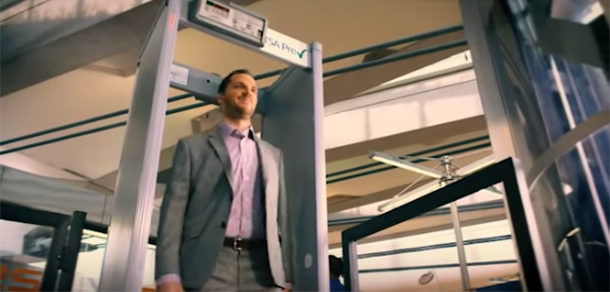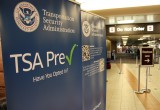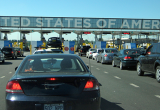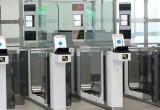Dulles facial recognition notches first win
17 September, 2018
category: Biometrics, Corporate, Government
Dulles facial recognition technology has notched an early win at the U.S airport.
U.S Customs and Border Patrol said it used the new biometric technology at Washington Dulles International Airport to catch a traveler posing as a French citizen — an apprehension that took place just three days after deployment of the technology.
Dulles is one of 14 early adopter airports that are using facial recognition technology
The incident happened Aug. 22, according to a press release from the federal agency. It involved a 26-year-old man who was traveling from Sao Paulo, Brazil. He presented a French passport to authorities during primary inspection, though U.S. Customs and Border Patrol offered no further information about his final destination or motives for using the passport.
Dulles facial recognition vs. imposter passport
After authorities looked at the passport, a CBP officer “utilized CBP’s new (facial recognition technology) which confirmed the man was not a match to the passport he presented,” the agency said in a statement. “The CBP officer referred the traveler to secondary for a comprehensive examination. During that examination, the traveler’s behavior changed, and he became visibility nervous.” Officers then conducted a search and found a Republic of Congo identification card hidden in the man’s shoe.
The incident stands as the first time the facial recognition technology at Dulles was used to determine that a traveler was using an inauthentic identity.
Facial recognition expansion
Dulles is one of 14 “early adopter airports” that are using facial recognition technology. The biometric authentication system is designed to add speed, efficiency and security to the early inspection process for international travelers. Facial recognition technology recently expanded to one Transportation Security Administration checkpoint at New York City’s John F. Kennedy International Airport.
Airports are not the only places where border and customs authorities want to use facial recognition to identify international travelers. The federal agency is using technology from U.K.-based iProov to improve operations at unstaffed land border crossings, according to recent news.
IProov’s biometric authentication technology is anchored to a “cloud-based facial biometric verification system that can be accessed via a user’s mobile phone,” the company says in a statement. iProov says its facial recognition technology can detect when travelers try to “spoof” a biometric authentication system—such as when a person holds a digital image up to the device camera, or otherwise tries to trick biometric sensors.




